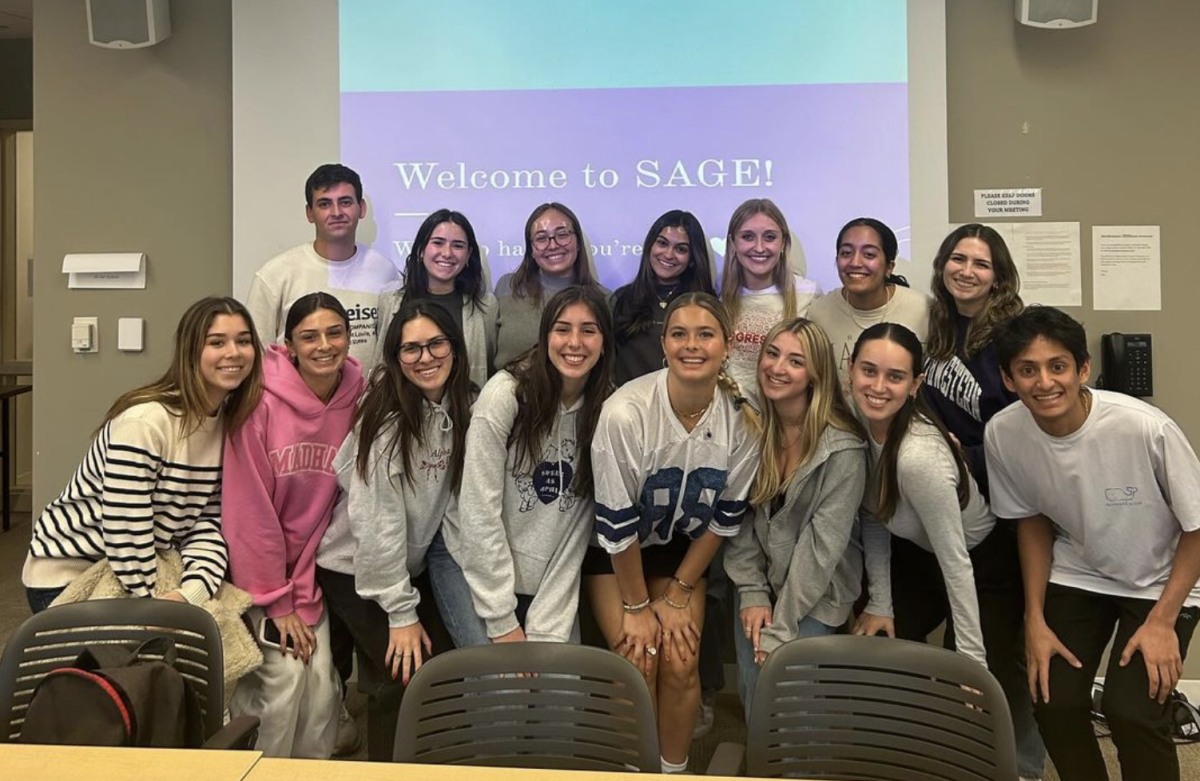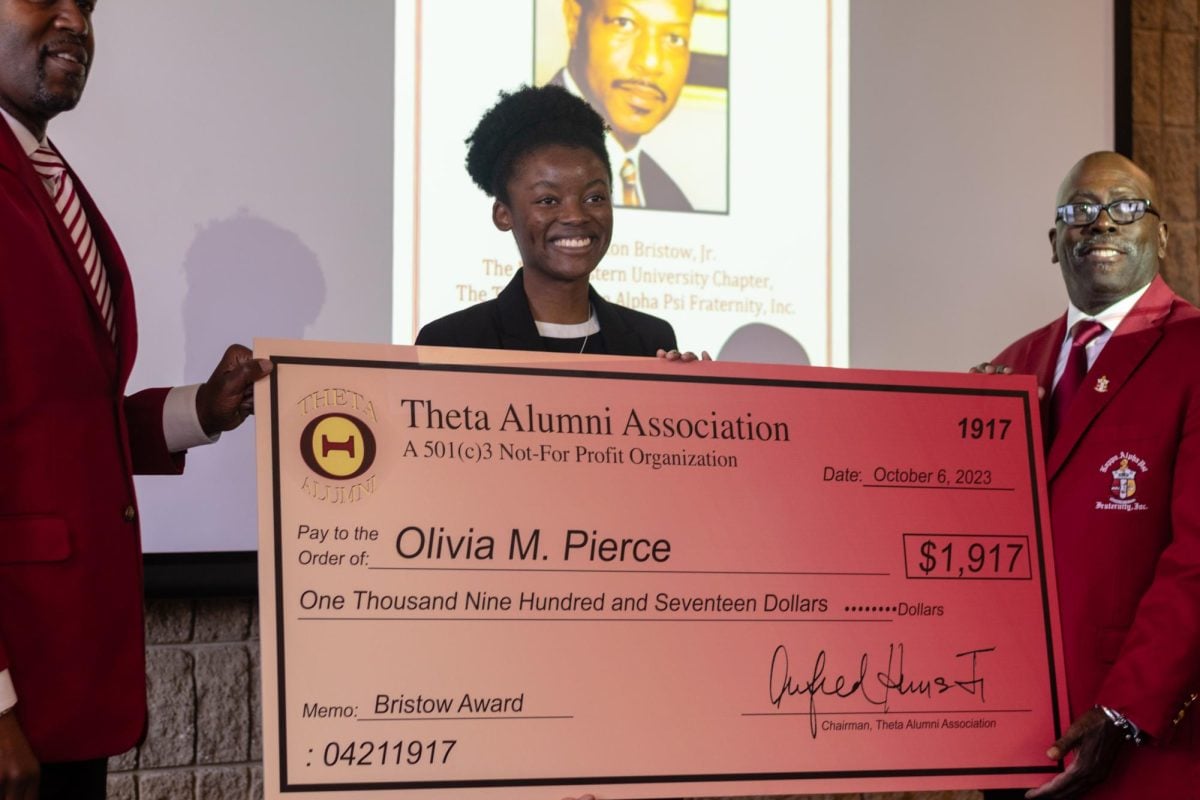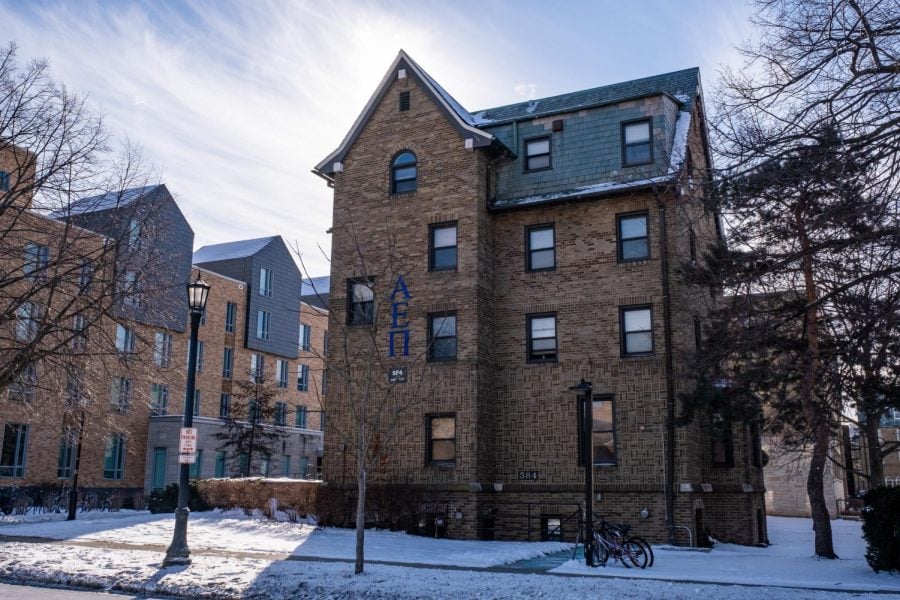Students for Ecological and Environmental Development is starting an initiative to make the way campus dining halls clean their dishes more eco-friendly.
The current method requires students to scrape their dishes clean of food and then place them vertically in a dish rack. Dirty dishes are placed on a conveyor belt, rinsed with water to get rid of the extra food and then placed into the dishwasher. SEED is proposing the use of new dish racks that would eliminate the need to rinse the dishes, skipping a step and saving a significant amount of water.
The idea began in 2009 as a Design for America project led by Weinberg senior Thea Klein-Mayer and alumnus Yuri Malina (McCormick ‘11). Klein-Mayer and the DFA team spent several months conducting research in Sargent and Allison dining halls, both of which use circular conveyor belts to transport dishes from the halls to the kitchens. The team realized the water used to clear dishes of food scraps could be eliminated with a more innovative dish rack.
“Waste is built into the system,” Malina said. “If you take two seconds (to clear your plate), you make it so waste isn’t a part of the system.”
After completing research and building prototypes for the dish racks, the team tested the new design in Sargent in March 2010 with positive results. According to a report issued by the DFA team, who dubbed the project “Right Angle,” the new dish racks saved approximately 140 gallons of water over a four-hour lunch period. Without Right Angle, dining halls used about 175 gallons of water to rinse dishes off during the same period. Right Angle’s projections estimate that, if implemented full-time, the racks could save 525 gallons per day in one dining hall.
The new racks would cost about $600 per dining hall, Malina said. These expenses would be offset by the savings in water costs, which he estimated to be $125 annually. To pay for the dish racks, the SEED team plans to apply for funding from the Initiative for Sustainability and Energy.
The team hoped to finalize the new design right away. Plans were stalled, however, when the team’s point of contact in SodexoUSA left, Klein-Mayer said.
Two years later, Klein-Meyer approached SEED, of which she is a member of the executive board, to see if it would support the project.
“We are a big presence on campus and we have lots of passionate members,” said Emma Solanki, co-president of SEED. The Weinberg senior said water usage is one of the group’s main focuses this year.
Klein-Mayer and Malina met with four SEED members Wednesday to discuss the project. For now, the group will aim to do more extensive testing, Malina said, adding they will continue working with Sodexo to make this project a reality.
Sodexo District Manager Steve Mangan said he is also hopeful the Right Angle project will be successful.
“We are committed to exploring the viability of it,” Mangan said. “I want to use our resources to change the status quo and make a difference in our community.”
But some challenges remain. The new team must address the potential problems of line build-ups and where students should dispose of their liquids, and must also receive official approval from Northwestern administrators.
Because NU pays for the water that Sodexo uses, it should be in the University’s interest to invest in the project, said Klein-Mayer.
In addition, the current design is only usable in Allison and Sargent dining halls, so to implement the plan across campus, the team would have to design racks that could work for linear conveyor belts.
While the group has not yet determined a deadline for the project, Klein-Mayer said she hopes it will be finished within the year.
“I’m graduating this year and I really want to see it happen,” she said.







